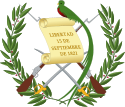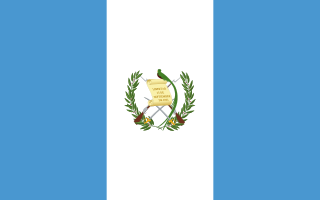
Panzós is a municipality in the Guatemalan department of Alta Verapaz.
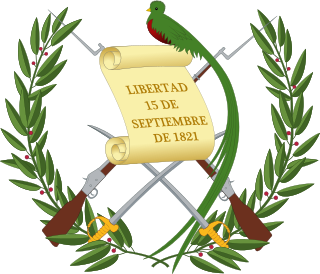
Parliamentary elections were held in Guatemala for half the seats in Congress between 16 and 18 January 1953. The Revolutionary Action Party won a plurality of seats.

Parliamentary elections were held in Guatemala for half the seats in Congress on 16 December 1950. The Revolutionary Action Party won a plurality of seats.
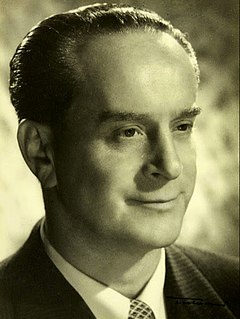
Presidential elections were held in Guatemala between 10 and 12 November 1950. The result was a victory for Jacobo Arbenz Guzmán, who received 65.44% of the vote. Voter turnout was 71.62%.

Parliamentary elections were held in Guatemala between 26 and 28 November 1948 in order to elect half the seats in Congress. The National Renovation Party-Revolutionary Action Party alliance won the most seats, but the Popular Liberation Front remained the largest party.

Parliamentary elections were held in Guatemala between 24 and 26 January 1947 in order to elect half the seats in Congress. The Revolutionary Action Party won a plurality of seats.
Legislative elections were held in Guatemala to elect members of the Congress on 3–5 November 1944.
A presidential election was held in Guatemala on 17–19 December 1944. The October Revolution of 1944 had overthrown Jorge Ubico, the U.S. backed dictator of Guatemala. A junta composed of Francisco Javier Arana, Jacobo Árbenz and Jorge Toriello took power, and quickly announced presidential elections, as well as elections for a constituent assembly. The subsequent elections took place in December 1944, and were broadly considered free and fair, although only literate men were given the vote. Unlike in similar historical situations, none of the junta members stood for election. The front-runner was the philosophically conservative University professor Juan José Arévalo, of the Renovación Nacional. Arévalo's closest challenger was Adrián Recinos, whose campaign included a number of individuals identified with the Ubico regime. The ballots were tallied on 19 December 1944, and Arévalo won in a landslide, receiving more than four times as many ballots as the other candidates combined.
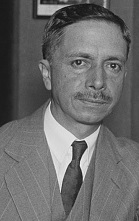
Presidential elections were held in Guatemala between 17 and 19 December 1944. The result was a victory for Juan José Arévalo, who received 86.25% of the vote.

General elections were held in Guatemala between 6 and 8 February 1931. In the presidential election Jorge Ubico was elected unopposed, after the remaining sector of the old Liberal Party did not object to his candidacy, whilst the Conservative Party was too disorganised and discredited from the Lázaro Chacón González era to put forward a candidate. Ubico's Progressive Liberal Party, formed by a union of the two wings of the divided Liberal Party also won the parliamentary election unopposed.

Presidential elections were held in Guatemala during seven days in September 1898. Prior to the elections Manuel Estrada Cabrera had established the first real political party in the country's history by admitting people from outside the influential liberals to the Liberal Party.

Presidential elections were held in Guatemala in July 1904. The result was a victory for Manuel Estrada Cabrera, who received all but three of the national votes. He assumed the presidency on 15 March 1905.

Presidential elections were held in Guatemala on 11 April 1910. Manuel Estrada Cabrera was re-elected unopposed. He assumed the presidency on 15 March 1911.

Presidential elections were held in Guatemala on 17 January 1916. For the second successive election, Manuel Estrada Cabrera was re-elected unopposed. Despite there only being one candidate, voters were rounded up by the military and taken to polling stations, where they could only vote for Cabrera. Cabrera assumed the presidency on 15 March 1911.

Indirect presidential elections were held in Guatemala on 5 June 1993. They were sparked by the 1993 Guatemalan constitutional crisis in which President Jorge Serrano Elías had attempted a self-coup. The result was a victory for Ramiro de León Carpio, who won unopposed in the second round of voting, whilst the army-backed Arturo Herbruger was elected vice-president.

Luz Méndez de la Vega was a Guatemalan feminist writer, journalist, poet, academic and actress. As an academic, she concentrated on researching and rescuing the work of colonial Guatemalan women writers. She was the winner of Guatemala's highest prize for literature, Miguel Ángel Asturias National Literature Prize, and the Chilean Pablo Neruda Medal, among many other literary awards throughout her career.

Presidential elections were held in Guatemala in November 1880.

Presidential elections were held in Guatemala in January 1892. The result was a victory for José María Reina Barrios.
